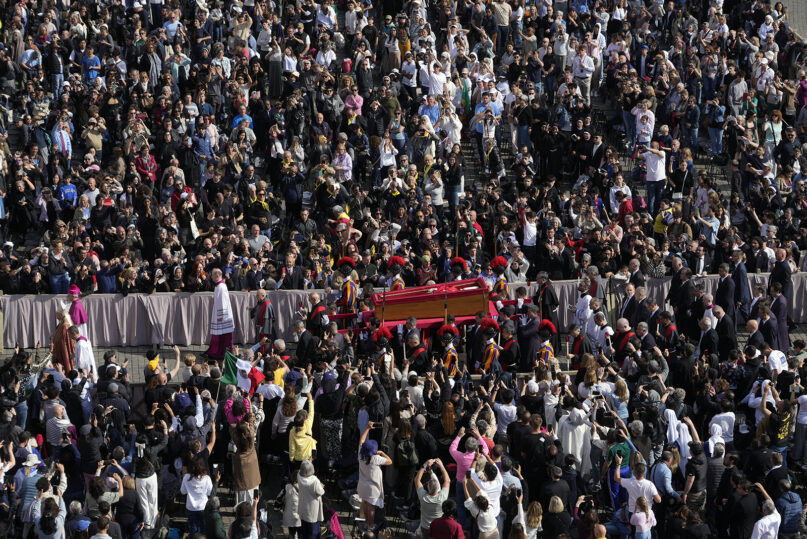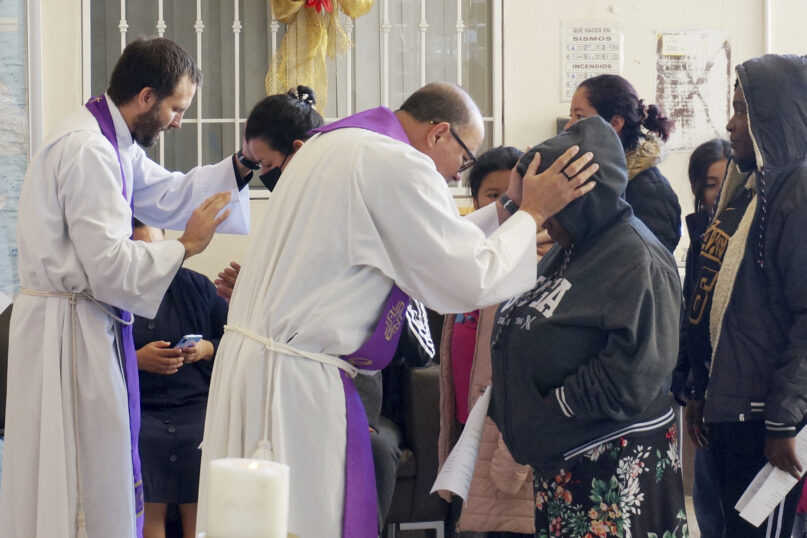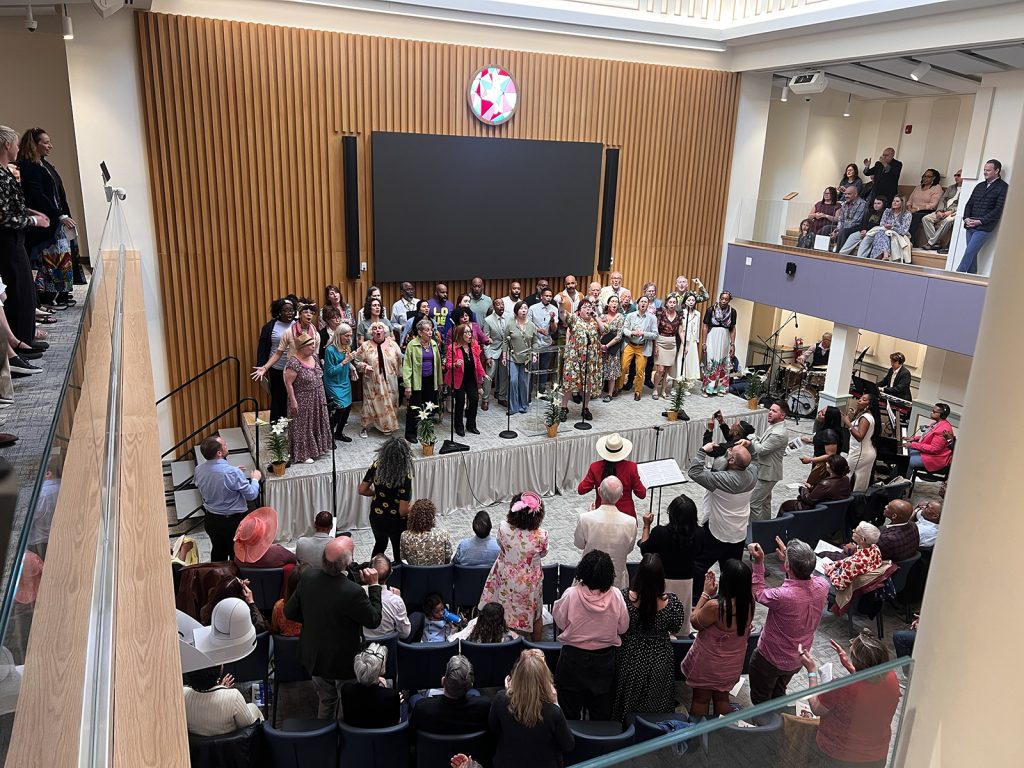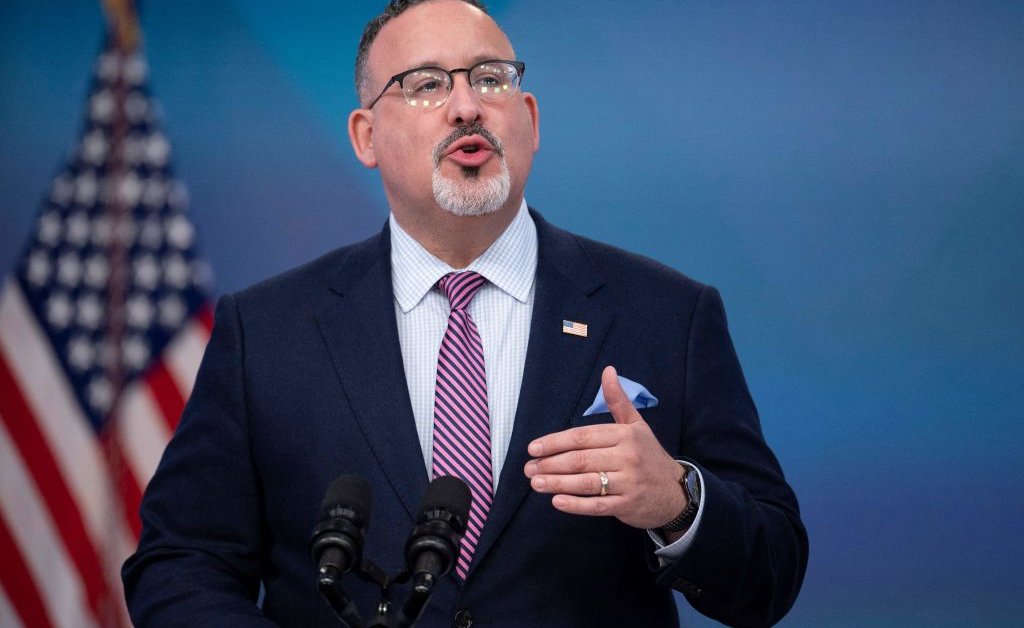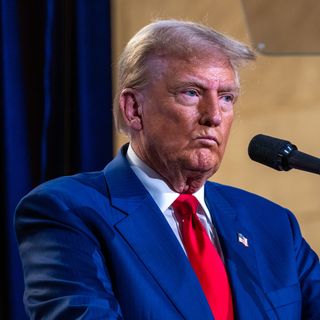Now Reading: Barred from the Birth of His Son, Mahmoud Khalil’s Case Brings Family Separation into Focus
-
01
Barred from the Birth of His Son, Mahmoud Khalil’s Case Brings Family Separation into Focus
Barred from the Birth of His Son, Mahmoud Khalil’s Case Brings Family Separation into Focus
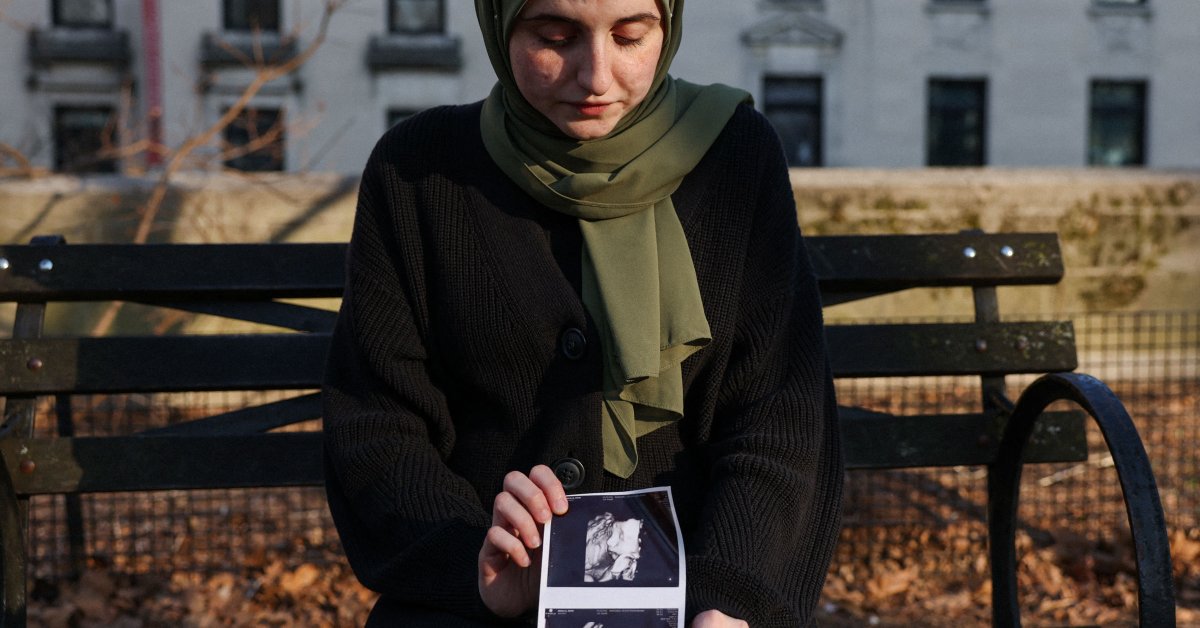
Mahmoud Khalil was held in a Louisiana Immigration and Customs Enforcement detention center while his wife gave birth to their son miles away. The separation was not due to logistical issues but because of a denied temporary release request, which some experts believe is a tactic to leverage family separation against specific communities. Dr. Noor Abdalla expressed that ICE deliberately made her, Mahmoud, and their son suffer by keeping them apart during the birth of their child.
Khalil, a Columbia University graduate student and member of Columbia University Apartheid Divest, was arrested on March 8th for participating in protests against the war in Gaza. His detention by ICE made his deportation case the most notable during the new Trump administration. Advocates argue that preventing Khalil from being present for his son’s birth reflects similar harsh tactics seen in the previous administration.
Although Khalil’s case is ongoing, it is reminiscent of past family separation policies that sparked controversy during Trump’s first term. This approach seems to align with the President’s history of antagonism towards Muslims. Yasmine Taeb, a human rights lawyer, highlighted the deliberate placement of Khalil in a distant detention center as part of a cruel policy tool used by the Trump administration.
Taeb pointed out other cases like Rumeysa Öztürk, a Turkish national detained for her involvement in pro-Palestinian activism, and Mohsen Mahdawi, a Palestinian green-card holder arrested during his naturalization interview. These instances raise concerns about targeting individuals advocating for Palestinian rights and the repercussions it may have on various communities.
The emotional toll of family separation transcends political implications and can have lasting psychological effects, according to mental health professionals. The refusal of ICE to grant temporary humanitarian release to Khalil and his family during a crucial moment is deemed as inhumane. Dr. Abdalla believes that their separation is a consequence of Khalil’s political activism.
Despite the challenges, efforts are being made to reunite Khalil with his family. Dr. Abdalla remains determined to fight for her husband’s return and hopes that he will be able to impart bravery, thoughtfulness, and compassion to their son when they are reunited.


